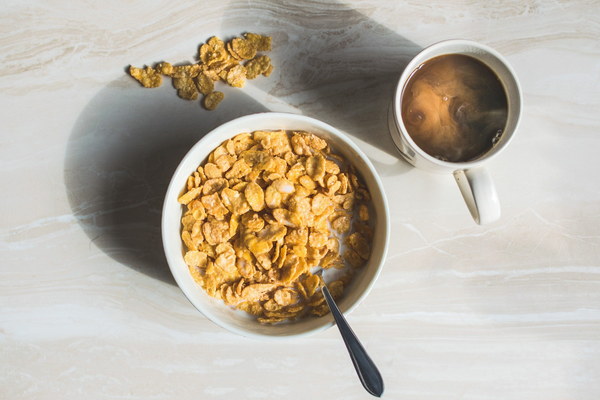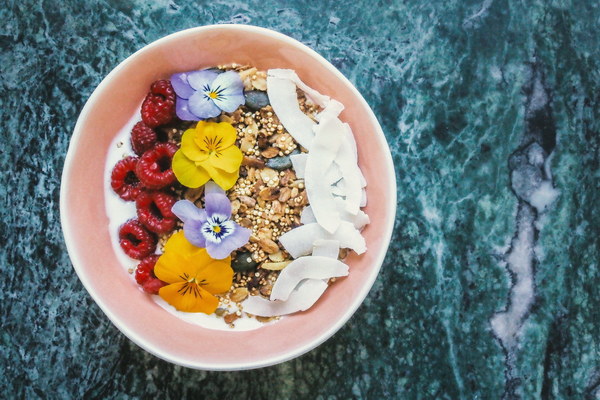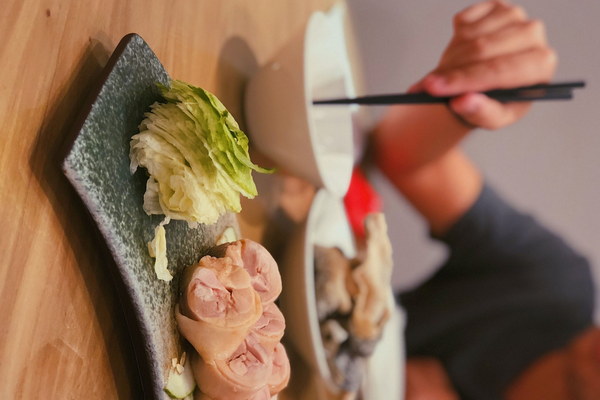Does the Moisture-Expelling Tea Really Work A Comprehensive Review
Introduction:
In recent years, moisture-expelling tea has gained immense popularity as a natural remedy for various health issues. Many people swear by its effectiveness in alleviating symptoms of dampness in the body. But does the moisture-expelling tea really work? This article delves into the science behind moisture-expelling tea, its potential benefits, and the evidence supporting its usage.
What is Moisture-Expelling Tea?
Moisture-expelling tea, also known as diuretic tea, is a traditional Chinese medicine that is believed to help eliminate dampness and excess moisture from the body. It is made from a blend of natural herbs and plants, such as Cang Er Zi, Pu Er, and Astragalus, which are thought to possess diuretic properties.
The Science Behind Moisture-Expelling Tea:
The primary mechanism of action of moisture-expelling tea is its ability to stimulate urine production, which in turn helps in the elimination of excess fluid and toxins from the body. The diuretic properties of the herbs in the tea can lead to several health benefits, such as:
1. Alleviating water retention: Excess fluid retention can lead to swelling and discomfort. Moisture-expelling tea can help reduce water retention, thereby providing relief from these symptoms.

2. Improving kidney function: The diuretic effect of the tea may help in filtering waste products from the blood and reducing the workload on the kidneys.
3. Enhancing digestion: Some herbs in the tea, such as Pu Er, are known to aid digestion and improve gastrointestinal health.
4. Boosting immune system: The antioxidants present in moisture-expelling tea may help in strengthening the immune system, making the body more resilient against infections.
Evidence Supporting the Use of Moisture-Expelling Tea:
While anecdotal evidence suggests that moisture-expelling tea is effective, scientific research on its benefits is limited. However, several studies have been conducted to evaluate its efficacy, with mixed results.
A study published in the Journal of Ethnopharmacology in 2010 found that Pu Er tea, one of the main ingredients in moisture-expelling tea, had diuretic effects and could help in reducing body weight and blood pressure.
Another study published in the Journal of Alternative and Complementary Medicine in 2016 concluded that a blend of herbs commonly used in traditional Chinese medicine, including those found in moisture-expelling tea, had a positive effect on kidney function and could be used as a natural diuretic.
Potential Side Effects and Risks:
While moisture-expelling tea is generally considered safe for most people, it is essential to be aware of the potential side effects and risks. Some individuals may experience allergic reactions to certain herbs used in the tea. Moreover, excessive consumption of diuretic tea can lead to dehydration, electrolyte imbalances, and an increased risk of kidney stones.
Conclusion:
Moisture-expelling tea is a popular natural remedy for alleviating dampness in the body. While there is some scientific evidence to support its efficacy, more research is needed to fully understand its benefits and potential side effects. If you are considering using moisture-expelling tea, it is advisable to consult with a healthcare professional to ensure its safety and suitability for your specific health needs.









